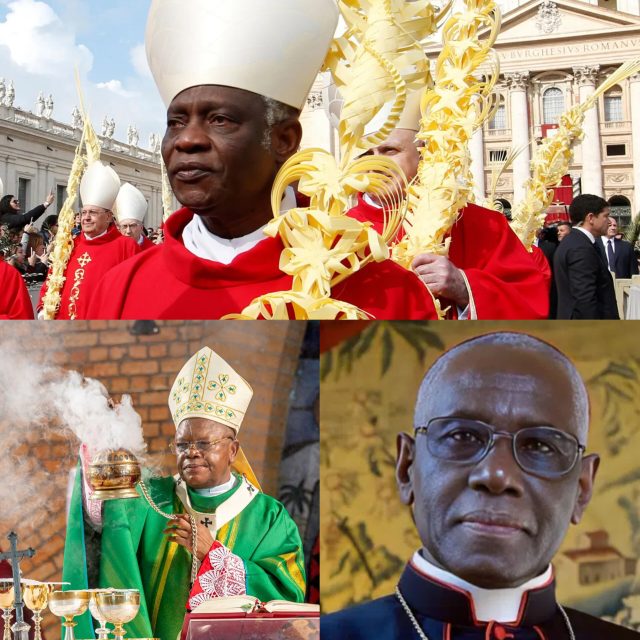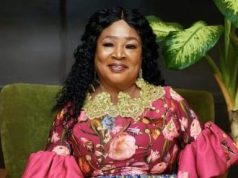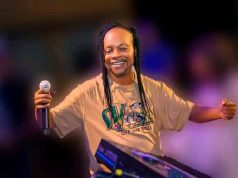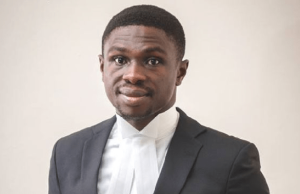Pope Francis’s funeral will take place on Saturday April 26 in St Peter’s Square, the Vatican has confirmed, with hundreds of thousands expected to attend. The head of the Catholic Church died of a stroke on Monday, aged 88, less than 24 hours after leading an Easter address. He had been in poor health after recently battling double pneumonia.
Following Pope Francis’s passing, speculation about his successor has grown, with Africa drawing attention due to its 250 million-plus Catholic population.
There are 135 eligible Cardinals who’ll vote in a papal conclave to select a new pope. A papal conclave is the process by which the College of Cardinals elect a new pope, the leader of the Roman Catholic Church, following the death or resignation of the previous pope. The term “conclave” comes from the Latin cum clave (“with a key”), referring to the practice of locking the cardinals in a secluded area to ensure secrecy and focus during the election.
What goes into the voting process?
Cardinals cast secret ballots, with a two-thirds majority required to elect a pope.Up to four votes are held daily (two in the morning, two in the afternoon). If no candidate achieves a two-thirds majority after multiple rounds, the cardinals may opt for a runoff between the top two candidates, requiring a simple majority.
Let’s look at the notable African “papabile” .
Peter Kodwo Appiah Turkson
Nationality: Ghanaian
Age: 76
If chosen by his peers, the influential Cardinal Turkson would likewise have the distinction of being the first African pope for 1,500 years.
Like Cardinal Ambongo, he has also claimed not to want the job. “I’m not sure whether anyone does aspire to become a Pope,” he told the BBC in 2013. Asked if Africa had a good case to provide the next Pope based on the Church’s growth on the continent, he said he felt the Pope shouldn’t be chosen based on statistics, because “those types of considerations tend to muddy the waters.” He was the first Ghanaian to be made a cardinal, back in 2003 under Pope John Paul II.
Cardinal Turkson was considered a potential Pope a decade later, when Francis was chosen. In fact, bookmakers made him the favourite ahead of voting. A guitarist who once played in a funk band, Cardinal Turkson is known for his energetic presence. Like many cardinals from Africa, he leans conservative. However, he has opposed the criminalisation of gay relationships in African countries including his native Ghana.
In a BBC interview in 2023, while Ghana’s parliament was discussing a bill imposing harsh penalties on LGBTQ+ people, Turkson said he felt homosexuality should not be treated as an offence. Back in 2012, he was accused of making fear-mongering predictions over the spread of Islam in Europe at a Vatican conference of bishops, for which he later apologised.
Robert Sarah was made an Archbishop by Pope John Paul II and a Cardinal by Pope Benedict XVI.
He was named the Prefect of the Congregation for Divine Worship and the Discipline of the Sacraments by Pope Francis in 2014. Pope Benedict XVI appointed him president of the Pontifical Council “Cor Unum” in October 2010.In 2020, Cardinal Sarah published a book firmly asserting that priestly celibacy must remain untouched and non-negotiable.
Further, during the time of his book’s release coincided with a critical moment when Pope Francis was deliberating on the contentious issue of clerical celibacy, particularly in the context of proposals to allow married priests in remote regions like the Amazon.
Fridolin Ambongo Besungu
Nationality: Congolese
Age: 65
Cardinal Ambongo is a leading candidate, hailing from the Democratic Republic of Congo (DRC).
He has been Archbishop of Kinshasa for seven years, and was appointed cardinal by Pope Francis. He is a cultural conservative, opposing blessings for same-sex marriage, stating that “unions of persons of the same sex are considered contradictory to cultural norms and intrinsically evil”.
Though Christianity is the majority religion in the DRC, Christians there have faced death and persecution at the hands of jihadist group Islamic State and associated rebels. Against that backdrop, Cardinal Ambongo is viewed as a fierce advocate for the Church.But in a 2020 interview, he spoke in favour of religious plurality, saying: “Let Protestants be Protestants and Muslims be Muslims. We are going to work with them. But everyone has to keep their own identity.”
Such comments could lead some cardinals to wonder if he fully embraces their sense of mission – in which Catholics hope to spread the Church’s word throughout the world.
What will be the benefits?
An African pope would bring firsthand perspective on Africa’s challenges, such as economic inequality, conflict, and environmental crises. For instance, Cardinal Turkson has championed climate justice, while Cardinal Ambongo has criticized multinational exploitation in DR Congo.
This could prioritise Africa on the global stage, influencing Vatican policies on aid, development, and interfaith dialogue, especially in regions with Christian-Muslim tensions.
While the possibility is historic, predicting the next pope remains complex, with other contenders from Asia and Europe also in the fray.















